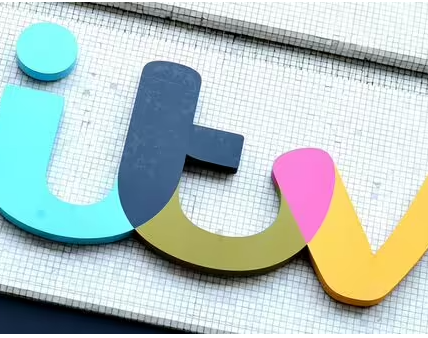Officials say water pollution at designated bathing waters comes from a range of sources including sewage, agricultural and road run-off and even dogs and wildlife such as seagulls, while the results are also weather-dependent, with heavy rain washing pollutants into the water.

No bathing zone sign on Exmouth beach (Image: Getty)
England’s beaches and rivers have been slammed as it’s revealed around one in 12 fail to meet water quality standards.
The Environment Agency’s monitoring of designated bathing waters during the official swimming season between May and September reveals 8.2% of bathing waters – some 37 sites – were rated “poor” for water quality in 2024.
James Wallace, the CEO of River Action, said: “These results are an international embarrassment. The Government’s own data shows that swimming in our inland bathing sites poses serious health risks, highlighting the failure of regulators to protect waterways from polluters.”
The proportion of sites failing to meet minimum standards in water quality and being rated as poor as a result has nearly doubled from 4.3% last year, and is the highest since the current rating system was introduced in 2015, while the percentage of “good” and “excellent” sites has fallen slightly.
Officials said this is in part due to the existing water quality of 27 new bathing sites designated at the start of the season, which have previously not been managed for bathing before and 18 of which were rated poor in their first year of testing.
Many of these new sites failing to make the grade are river waters, which campaigners say highlights how much pollution is being pumped into rivers and estuaries.
Out of 450 bathing waters regularly tested for harmful bacteria, 91.8% met at least the minimum standards for clean water while 64.2% reached “excellent” standards, the figures show.
Giles Bristow, chief executive of Surfers Against Sewage, said: “The bathing water classification regime isn’t just inadequate, it’s misleading and needs radical reform.
“A regime with no testing in winter, no testing of chemical pollutants, and that discounts the worst pollution events, is no good for public health.
“And government and water companies must never be allowed to wash their hands of locations which get a poor rating five years in a row.”
The figures come amid a consultation on a shake-up of the system, including removing the fixed summer “season” to account for the rising trend in cold water swimming, expanding the definition of “bathers” to cover other water users such as surfers, and testing at multiple points of a site.
Water Minister Emma Hardy said the figures were “unacceptable” and Environment Agency chairman Alan Lovell said they showed there was still much work to do to tackle pollution, while campaigners called for an overhaul of the system.
Mr Lovell said: “While overall bathing water quality has improved in recent decades due to targeted investment and robust regulation, today’s results show there is much work still to do, particularly to bring our inland bathing waters up to standard.
“We are working with the water industry, farmers and local authorities and are investing in our regulation, with more people on the ground, updated digital assets and new legal powers to improve our bathing waters for all.”
Ms Hardy said: “These figures are unacceptable and show that too many of our popular swimming spots are polluted.”
She said the Government was putting water companies under special measures through the Water Bill, which would strengthen regulation of the industry, and has launched a major review of the water sector.



